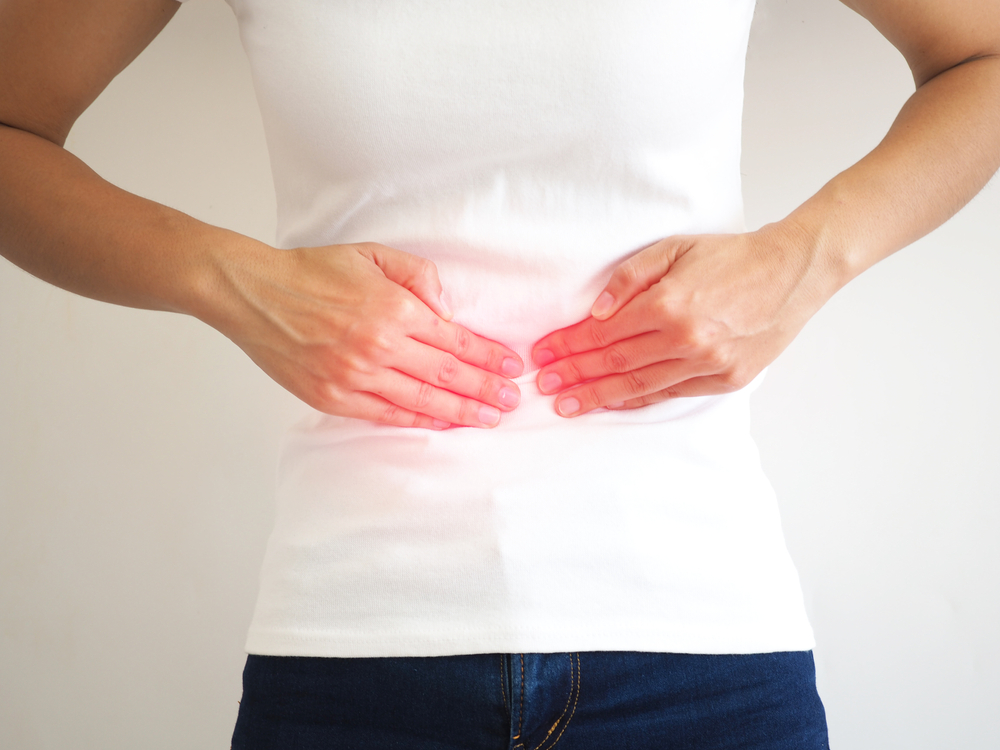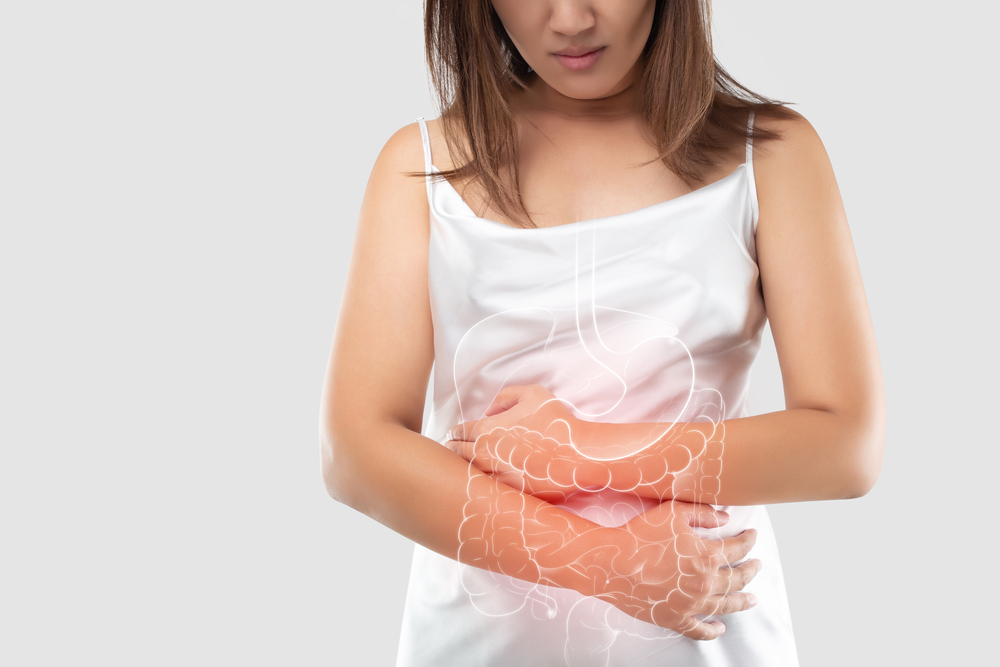Dyspepsia is a medical condition caused by the abnormal functioning of the gastrointestinal organs, primarily the stomach and esophagus (the initial part of the small intestine). It a chronic disease,..
Dyspepsia is a medical condition caused by the abnormal functioning of the gastrointestinal organs, primarily the stomach and esophagus (the initial part of the small intestine). It a chronic disease, and the symptoms may vary from person to person, and in frequency and intensity. It is a condition which causes pain and discomfort in the upper abdomen. It is caused by acid in the stomach coming into touch with the mucosa of the digestive system. Dyspepsia is a group of symptoms which often include bloating, nausea and burping. The sensation that you get, appears immediately after consuming food and drinks. One can easily relieve their symptoms of dyspepsia, by making significant changes to their lifestyle.

Most people experience some or the other symptom of Dyspepsia during their lifetime. It is often termed gassiness, indigestion, or burning. The symptoms may include:
- Pain in upper abdomen or discomfort.
- Bloating of stomach.
- Early satiety.
- Nausea and vomiting.
- Loss of appetite.
- Heart burn.
- Burping and burning sensation along with food or liquid reflux (regurgitation).
- Weight loss.
- Blood in Stool.
People at times may be confused between belching and burping (signs of Dyspepsia). Belching is the act of expelling gas or air consumed while eating through the mouth. The excess of air swallowed due to gulping of food or aerated drinks may cause slight discomfort in stomach, and is relieved after its expulsion using belching.
However, burping with reflux or pain in the upper abdomen right after eating is the primary symptom for dyspepsia.

There are several causes of Dyspepsia. The most common causes include:
- Burped-up stomach juices and gas.
- Irritable bowel syndrome (IBS).
- Peptic stomach ulcer.
- Lactose intolerance or state of indigestion of dairy products.
- Pain or inflammation in the gallbladder (biliary colic or cholecystitis).
- Anxiety or depression.
- Excessive consumption of caffeine, alcohol, and medicines.
- Swallowed air.
- Stomach cancer.

The main risk factors include:
- Use of drugs that may cause stomach irritation.
- Ulcer.
- Excessive consumption of alcohol.
- Emotional problems such as depression.

To prevent the occurrence of dyspepsia, there are certain things one should take care of:
- Eating small meals frequently, instead of two or three large meals.
- Avoid taking snacks late-night.
- Quit the habit of smoking and consuming tobacco.
- Avoid wearing tight clothes around your waist.
- Lose weight if required.
It is also important to educate patients about the condition and illness. They need to be reassured that dyspepsia is not a serious disease, and it is curable. A very few and small changes in lifestyle and eating habits can bring major difference in their condition. Psychological awareness can help patients lead a healthy life.
Our superspecialist doctors provide the highest quality of care through a team-based, doctor-led model. Trained at some of the world's most renowned institutions, our highly experienced doctors are distinguished experts in their respective specialities. Our doctors work full-time and exclusively across Medanta hospitals. In addition to offering superspecialised care in their own field, the Medanta organisational structure enables every doctor to help create a culture of collaboration and multispecialty care integration.
Our superspecialist doctors provide the highest quality of care through a team-based, doctor-led model. Trained at some of the world's most renowned i..... Continue Reading


